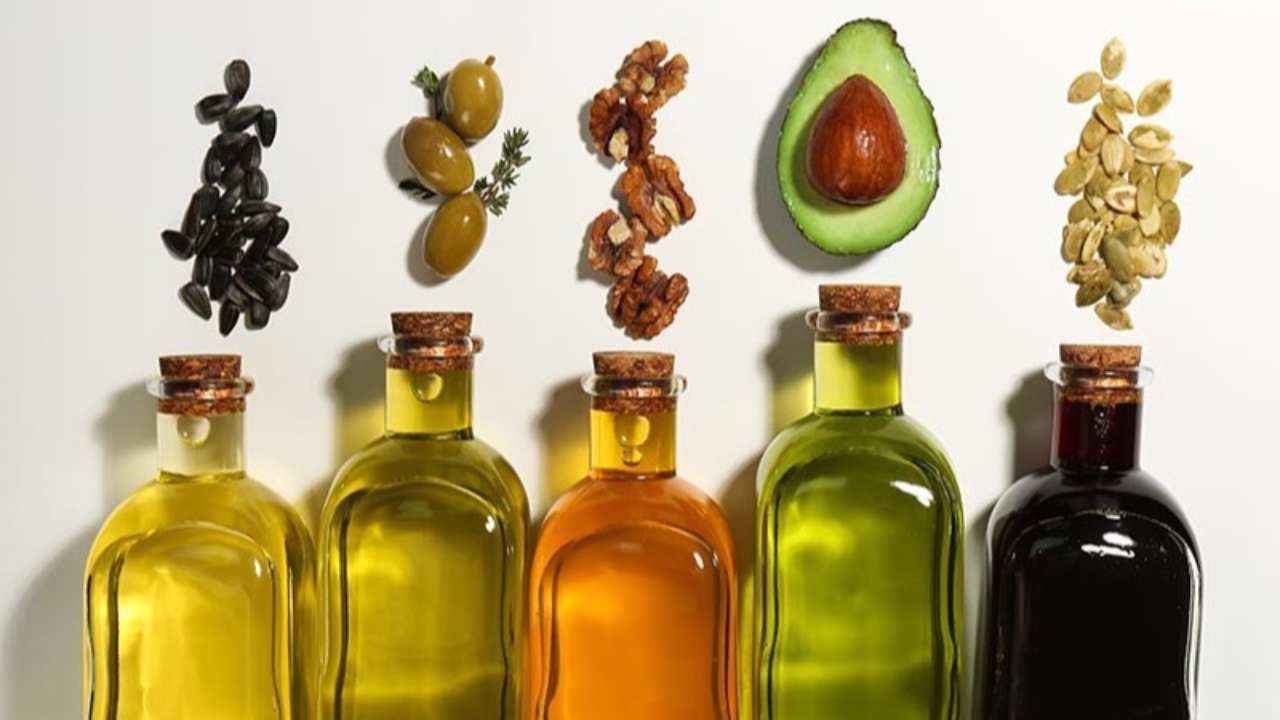The Not-So-Skinny on Seed Oils: Why Your Fat Balance Might Be Fueling Inflammation

Let’s talk about one of the most sneaky ingredients hiding in your food: seed oils.
Canola, soybean, sunflower, safflower, corn… these oils are everywhere. From restaurant meals and salad dressings to chips, granola bars, and even “healthy” snack foods—seed oils have become nearly impossible to avoid.
But what’s the big deal? Are they really that bad for you? Let’s break it down.
What Are Seed Oils?
Seed oils are extracted from (you guessed it) seeds. To get oil out of tiny seeds like soybeans or sunflowers, manufacturers use high-heat and chemical extraction. This process helps produce large amounts of oil cheaply—making them a favorite in the food industry.
The issue? That refining process strips away nutrients and creates unstable fats that easily oxidize. Once oxidized, these fats can create free radicals in your body, leading to inflammation and cell damage.
Why Seed Oils Can Be a Problem
When fats are damaged by heat and processing, they don’t behave well inside your body. These unstable fats can contribute to:
-
Chronic inflammation
-
Oxidative stress (cellular damage)
-
Hormone imbalance and metabolic issues
Even if you’re not cooking with seed oils yourself, you’re likely consuming them in processed or restaurant foods—they’re cheap, shelf-stable, and used in nearly everything.
The Omega-6 to Omega-3 Imbalance
Here’s where things get really interesting. Most seed oils are high in omega-6 fatty acids.
Omega-6s aren’t “bad”—you need them in small amounts. But they should stay balanced with omega-3s, the anti-inflammatory fats found in salmon, chia, and flax.
-
Ideal ratio: About 4:1 (omega-6 to omega-3)
-
Typical Western diet: 15–20:1
This imbalance can lead to inflammation, fatigue, brain fog, and even hormone or skin issues over time.
Where Seed Oils Hide
You’ll find seed oils in most ultra-processed foods, especially:
-
Snack foods (chips, crackers, cookies)
-
Salad dressings + condiments
-
Fast food + restaurant meals
-
“Healthy” protein bars and granolas
Label check:
If you see canola, soybean, sunflower, safflower, corn, grapeseed, or vegetable oil listed in the first few ingredients—it’s a red flag
Better Fats = Better Health
Here’s the good news: your body thrives on healthy fats. These support your brain, hormones, skin, and metabolism naturally.
Try swapping seed oils for:
-
Avocado oil – great for high-heat cooking
-
Extra virgin olive oil – perfect for salads + drizzling
-
Coconut oil – stable for cooking + baking
-
Grass-fed butter or ghee – rich in fat-soluble vitamins
-
Omega-3 rich foods – salmon, sardines, chia seeds, flax, walnuts
These fats help fight inflammation and promote long-lasting energy (without the crash).
The Bottom Line
Seed oils aren’t the only cause of inflammation—but they play a major role in the imbalance most people experience today.
It’s not about perfection—it’s about awareness and better choices.
Swap out seed oils when you can, cook more whole foods at home, and prioritize omega-3-rich options.
Your brain, hormones, and energy will thank you.
